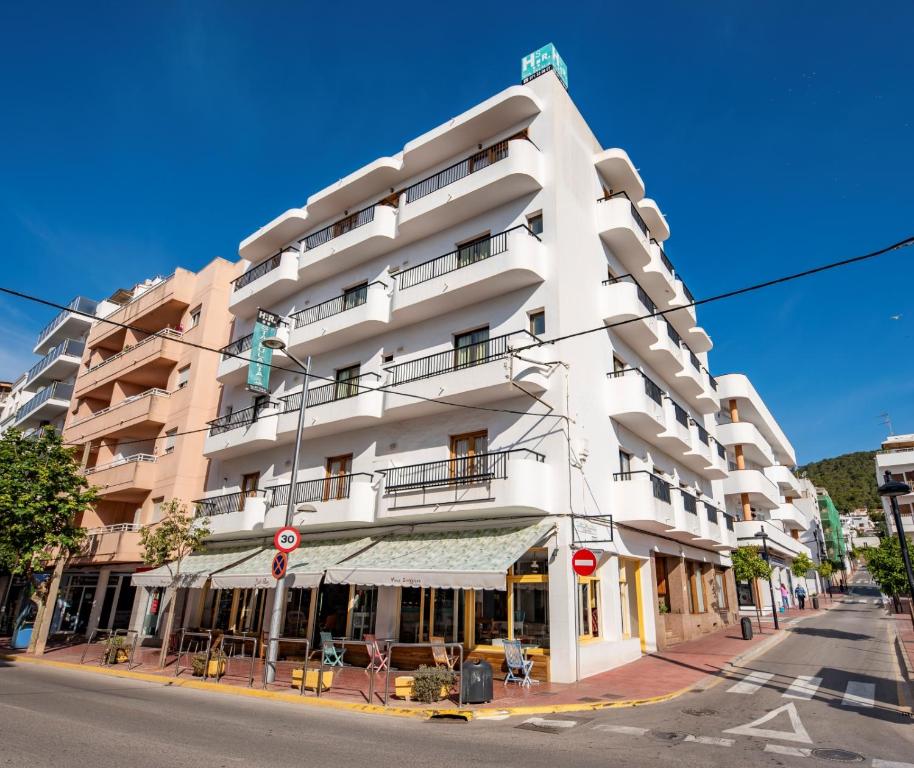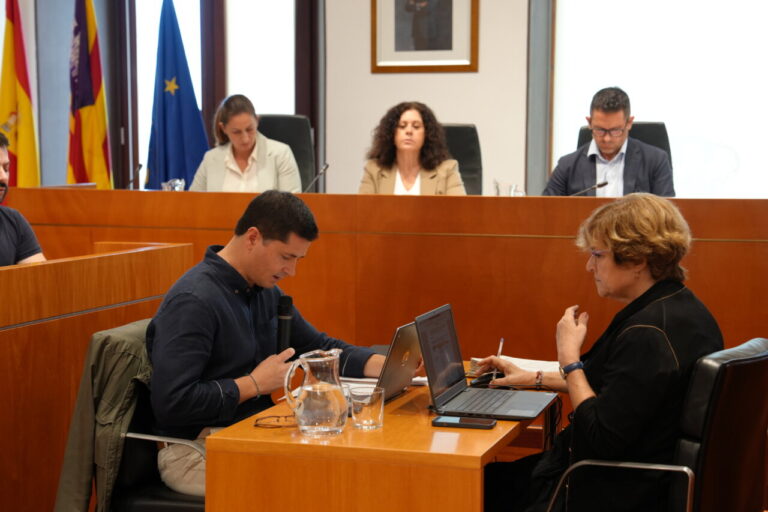Housing is one of the central themes of the Asturias declaration issued on January 12 by the Partido Popular. One of those points in which “Spain needs urgent reforms”, according to the text signed by Alberto Núñez Feijóo, president of the PP, and each of the regional presidents that the party has.
In this context, one of the commitments of the PP has been to reduce the taxation of housing, and to this end it has proposed to reduce the Property Transfer Tax (ITP) to 4% for young people. How does this impact in the case of the Balearic Islands? Although the autonomous community has one of the highest ITP in Spain, since it can reach up to 11.5% of the property, there are specific benefits for target groups. In fact, there is a 100% tax rebate for those under 30 years of age or those with a disability, while the tax is only 2% in the case of those under 36 years of age, large or single-parent families, or those who have a family member with a disability in their care. These measures were taken “only ten days after entering the Govern”, have remarked to La Voz de Ibiza from the Balearic Executive. At the same time, they consider that “practically all the fiscal measures linked to housing to which the autonomous governments of the Popular Party committed themselves have already been taken”. Up to November 15, 2,418 people of the target groups have benefited from these bonuses. A total of 917 people under 30 years of age or people with disabilities have received a 100% rebate, for a total of 19.4 million euros (an average saving of 21,000 euros). Meanwhile, 1,501 children under 36 years of age, large families, single-parent families or those with disabilities have been taxed only 2% of ITP, with an average saving of 9,700 euros (14.7 million euros in total).
The scope of the measures
The benefits referred to by the Govern contain a caveat: they only apply to properties up to 270,151 euros. It is true that the Asturias statement says that the commitment is “Reduced rate to 4% in the acquisition of habitual residence for young people, with the maximum limits determined by the Autonomous Communities“. Although it is also true that the current ceiling of 270,151 euros excludes a good part of the property offer in the Balearic Islands. In the autonomous community, the average sale price of real estate was 4,707 and 4,931 euros perm2 according to different surveys in December. But, in addition, the average in the Pitiusas is much higher than the Balearic average: 6,682 euros perm2 in Ibiza and 9,173 euros perm2 in Formentera. In other words, a young Ibizan who would like to buy a home on the island with the tax benefits described above would have to buy a property of about 40m2.
Extending benefits
Aware of this situation and that there are areas of the Balearic Islands that suffer an “extraordinary stress”, the Government has expressed its intention to progressively increase the value of the houses that can benefit from the bonifications in the (ITP). As detailed by the vice-president of the Govern and councilor of Economy, Finance and Innovation, Antoni Costa, the objective is to go from 270,000 euros to 350,000. Although he has clarified that “it will be done in a surgical way”, explaining that the modification would be promoted via regulation for the areas that suffer an “extraordinary tension”. Costa, in any case, has said that it will move forward with caution on the impact that these possible benefits could have on the public coffers: “We are not a suicidal Govern from the budgetary point of view”. According to the economic report of the expenditure ceiling for 2025 that was approved both in the Consell de Govern and in the Balearic Parliament, the forecast of ITP collection for this year reaches 846.2 million euros, 0.3% more than in 2024 as a whole.
The road to more bonuses
But beyond the public accounts, from the Govern have explained to La Voz de Ibiza that the expansion of the amount of housing that can be purchased with bonuses for young people “depends on some factors”. The main one is the publication of the Housing Observatory. “It will allow us to have reliable and objective data to determine exactly in which municipalities, geographical areas or islands the conditions are given to raise the ceiling of 270,151.2 euros up to 40%.” This ceiling mentioned would be qualified according to the area: “If the price pressure is not excessively high, it could be 30%, for example”. On the other hand, the Government has assured that in order to move forward with the extension of benefits “a regulation will have to be developed to regulate the increase, which does not require the approval of a parliamentary majority”.










